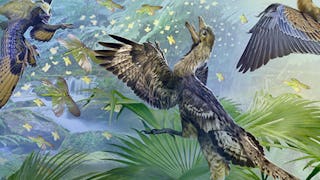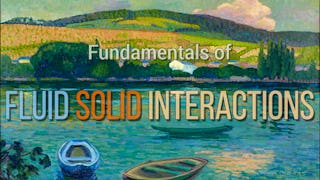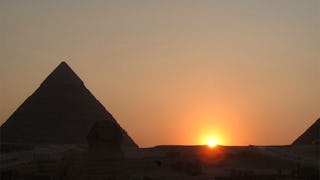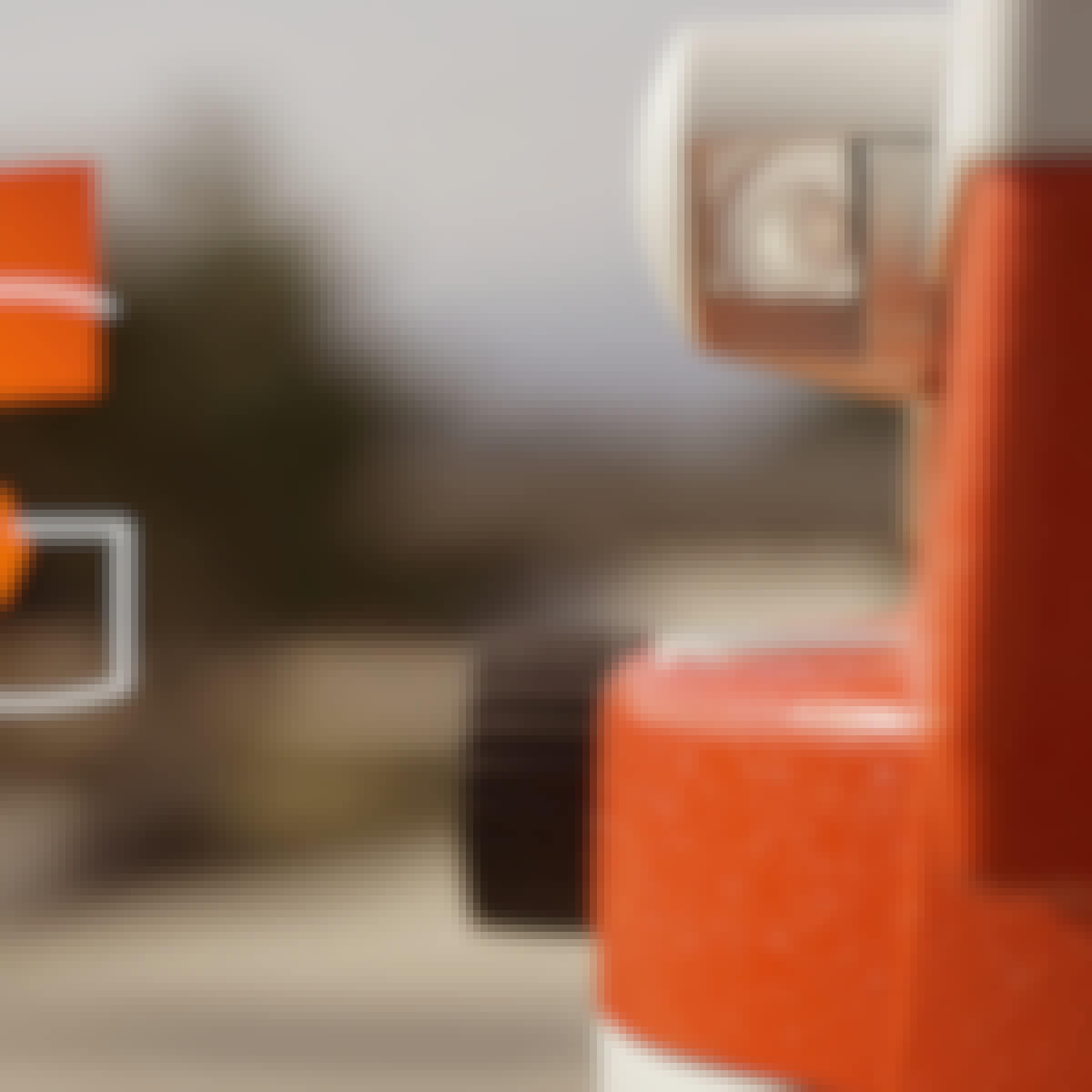Filter by
SubjectRequired
LanguageRequired
The language used throughout the course, in both instruction and assessments.
Learning ProductRequired
LevelRequired
DurationRequired
SkillsRequired
SubtitlesRequired
EducatorRequired
Explore the Volcanoes Course Catalog

University of Illinois Urbana-Champaign
Skills you'll gain: Energy and Utilities, Environmental Issue, Geospatial Information and Technology, Environmental Science, Geographic Information Systems, Natural Resource Management, Physical Science, Environment, Risk Control
 Status: Free
Status: FreeUniversity of Virginia
Skills you'll gain: Public History, Writing, Storytelling, Writing and Editing, World History, European History, Creativity
 Status: Free
Status: FreeUniversity of Alberta
Skills you'll gain: Biology, Life Sciences, Taxonomy, Timelines, Research
 Status: Free
Status: FreeÉcole Polytechnique
Skills you'll gain: Vibrations, Engineering Analysis, Civil Engineering, Mechanical Engineering, Engineering, Mechanics, Chemical and Biomedical Engineering, Applied Mathematics, Mathematical Modeling, Differential Equations
 Status: Free
Status: FreeYale University
Skills you'll gain: Art History, European History, Social Studies, Liberal Arts, Architecture and Construction, Culture, World History, Higher Education, Economics, Storytelling, Architectural Design
 Status: Free
Status: FreePolitecnico di Milano
Skills you'll gain: Ancient History, Art History, Architectural Design, Civil and Architectural Engineering, Social Studies, Architecture and Construction, World History, Anthropology, Physical Science, Culture, Cultural Diversity, General Science and Research, Scientific Methods
 Status: Free
Status: FreeÉcole Polytechnique Fédérale de Lausanne
Skills you'll gain: Spatial Data Analysis, Geospatial Mapping, Geospatial Information and Technology, Geographic Information Systems, Spatial Analysis, GIS Software, Global Positioning Systems, Land Development, 3D Modeling, Survey Creation, Systems Of Measurement

University of Illinois Urbana-Champaign
Skills you'll gain: Chemistry, Taxonomy, Production Process, Good Manufacturing Practices, Pharmacology, Biology, Research, Environmental Regulations
 Status: Free
Status: FreeThe University of Sydney
Skills you'll gain: Radiation Protection, Medical Imaging, Radiology, Radiography, X-Ray Computed Tomography, Magnetic Resonance Imaging, Medical Ultrasonography, Patient Education And Counseling, Physics, Biology, Chemistry

Wesleyan University
Skills you'll gain: Storytelling, Writing, Writing and Editing, Content Creation, Creativity
 Status: Free
Status: FreeUniversidad de los Andes
Skills you'll gain: Physics, Electrical Systems, Physical Science, Mechanics, European History, Ancient History, Scientific Methods, World History, General Science and Research, Experimentation

Emory University
Skills you'll gain: Ancient History, Social Studies, Liberal Arts, Political Sciences, World History, Culture, Community Development, Education and Training, Storytelling
In summary, here are 10 of our most popular volcanoes courses
- Planet Earth...and You!: University of Illinois Urbana-Champaign
- Plagues, Witches, and War: The Worlds of Historical Fiction: University of Virginia
- Paleontology: Theropod Dinosaurs and the Origin of Birds: University of Alberta
- Fundamentals of Fluid-Solid Interactions: École Polytechnique
- Age of Cathedrals: Yale University
- Archaeoastronomy: Politecnico di Milano
- Éléments de Géomatique: École Polytechnique Fédérale de Lausanne
- Introduction to Cannabis: University of Illinois Urbana-Champaign
- Life, Health and Radiation: The University of Sydney
- Creative Writing: The Craft of Setting and Description: Wesleyan University










